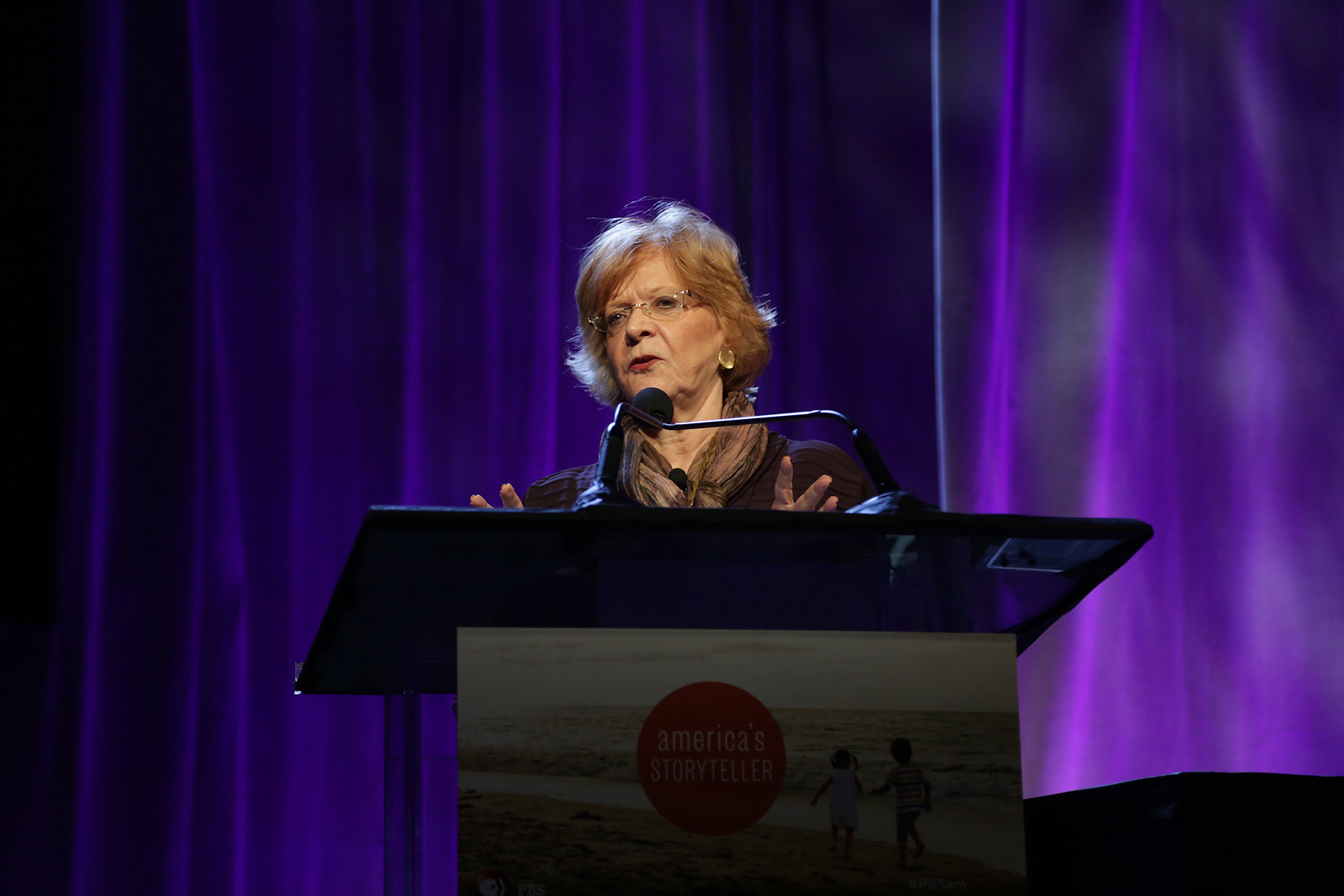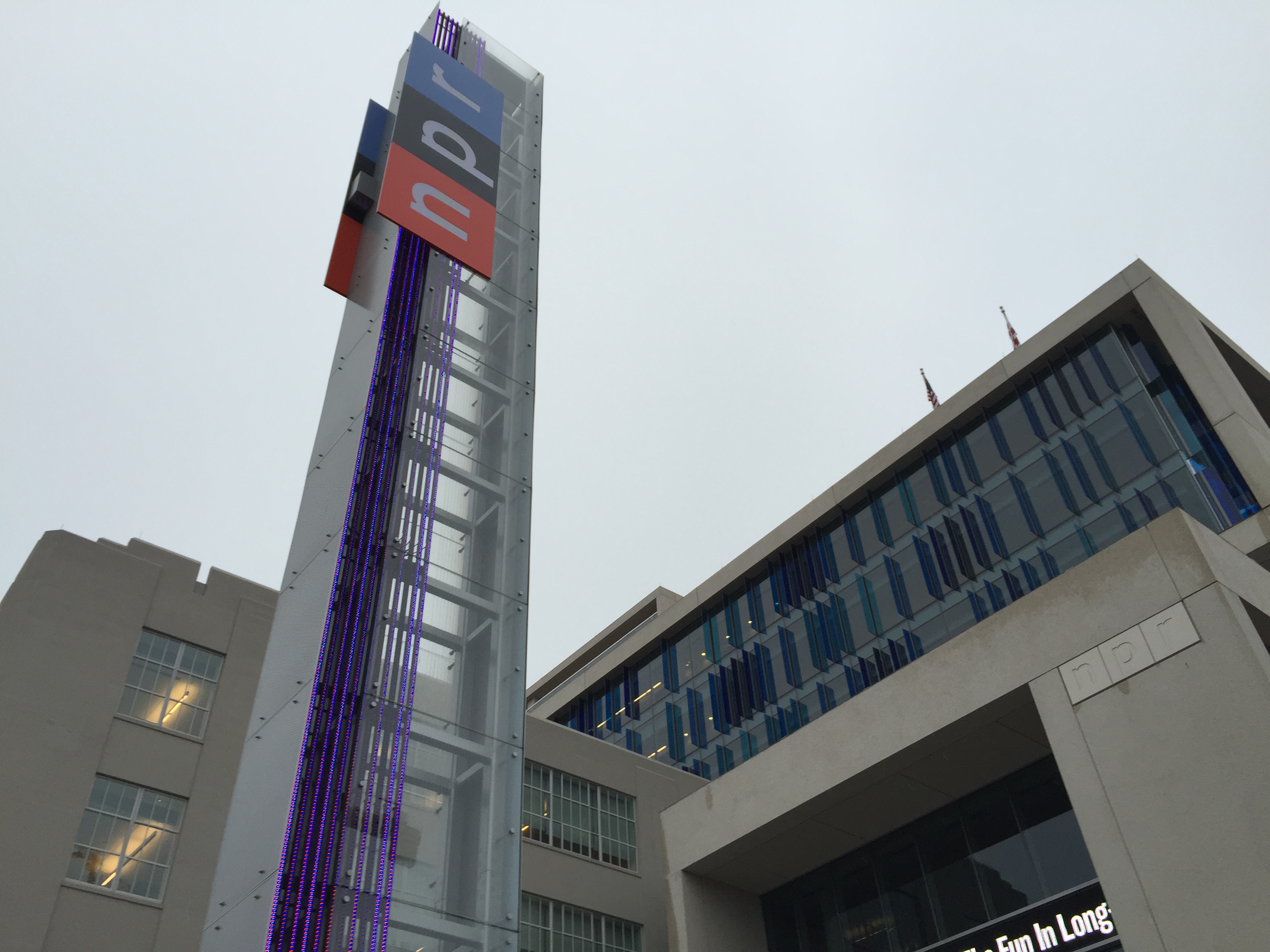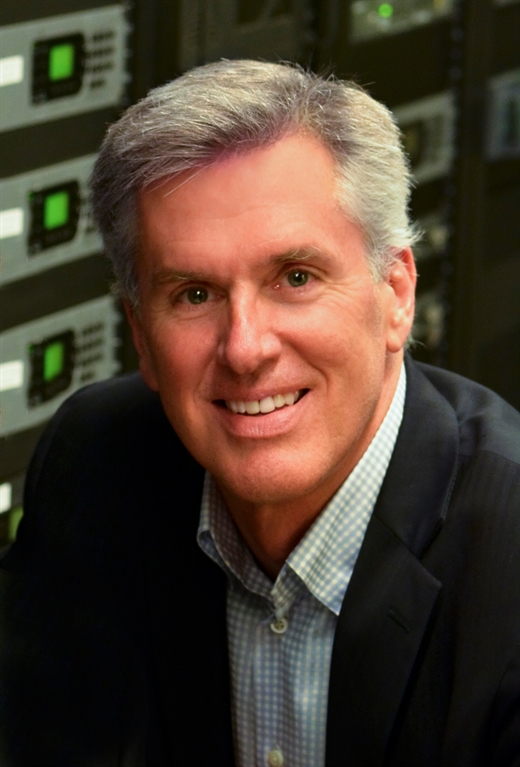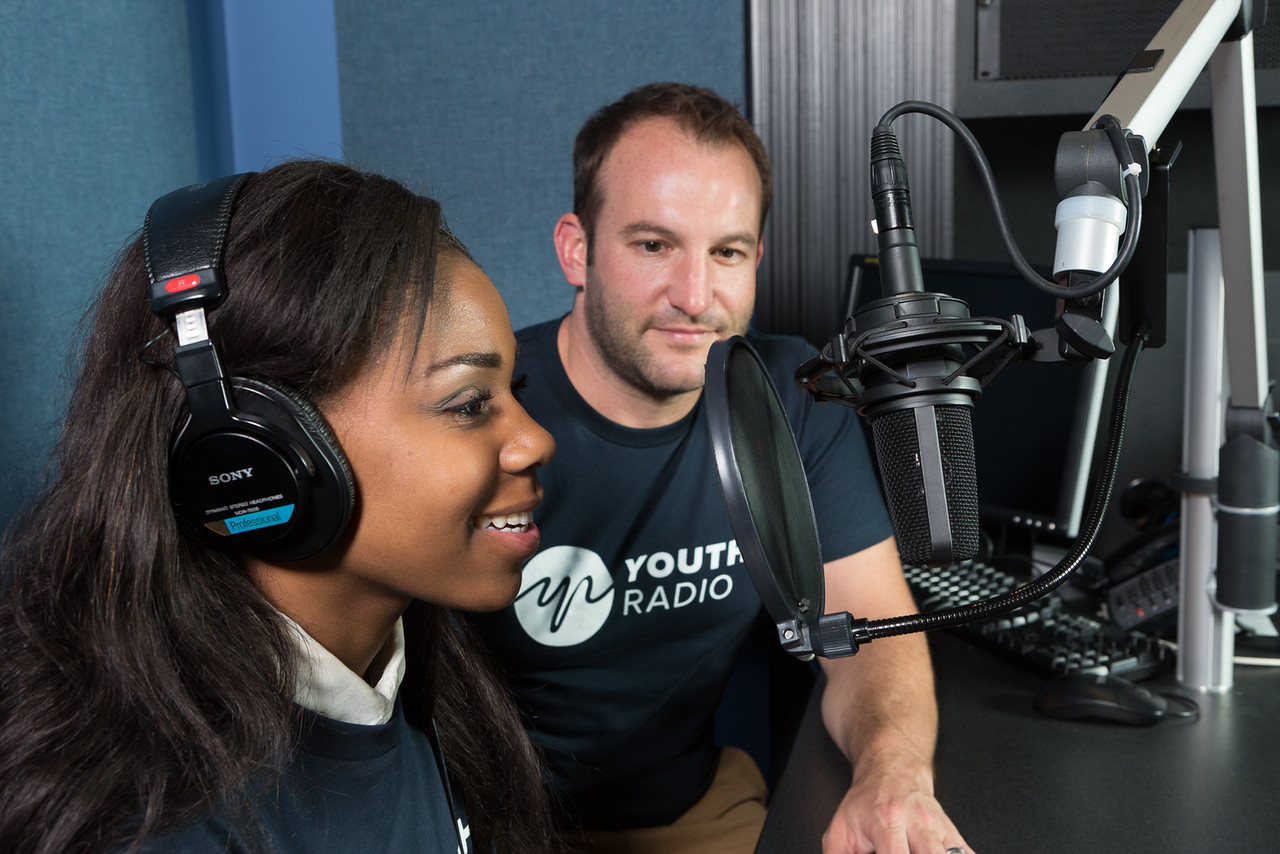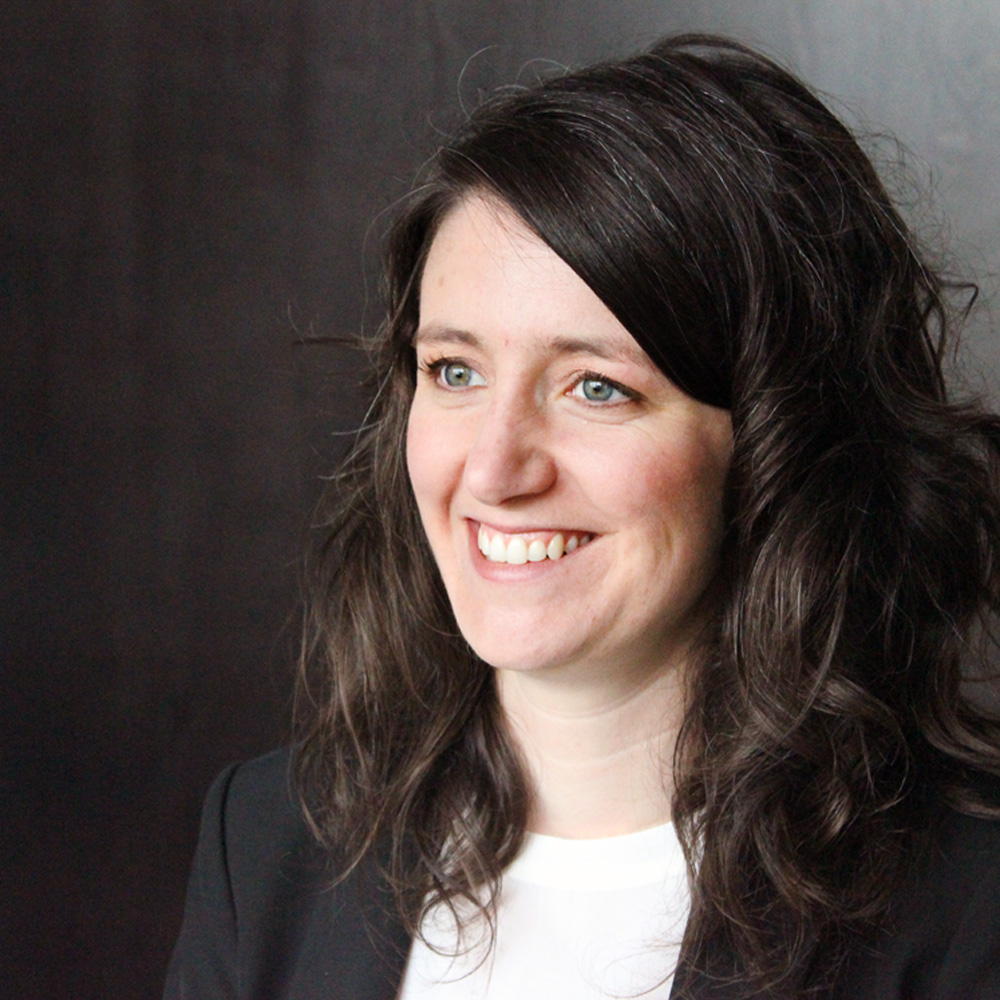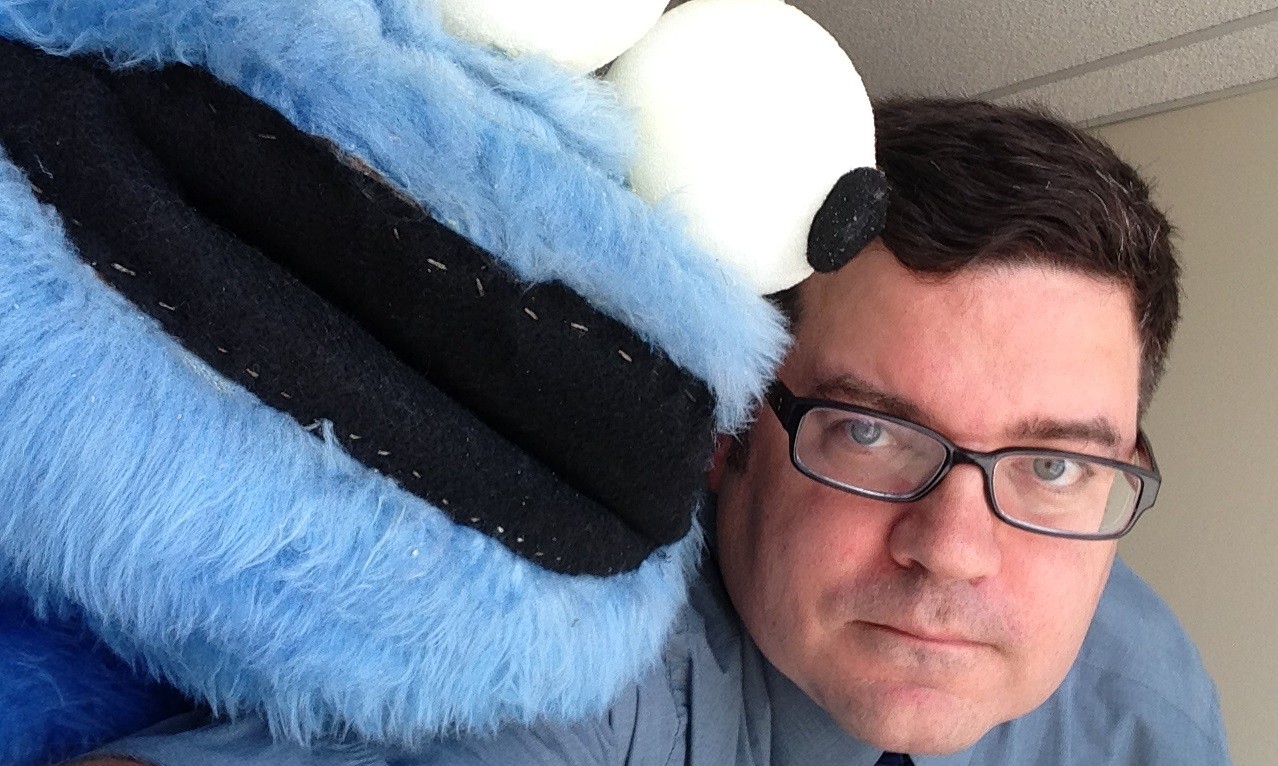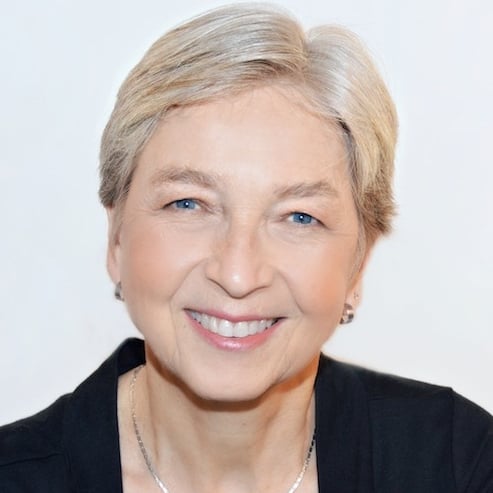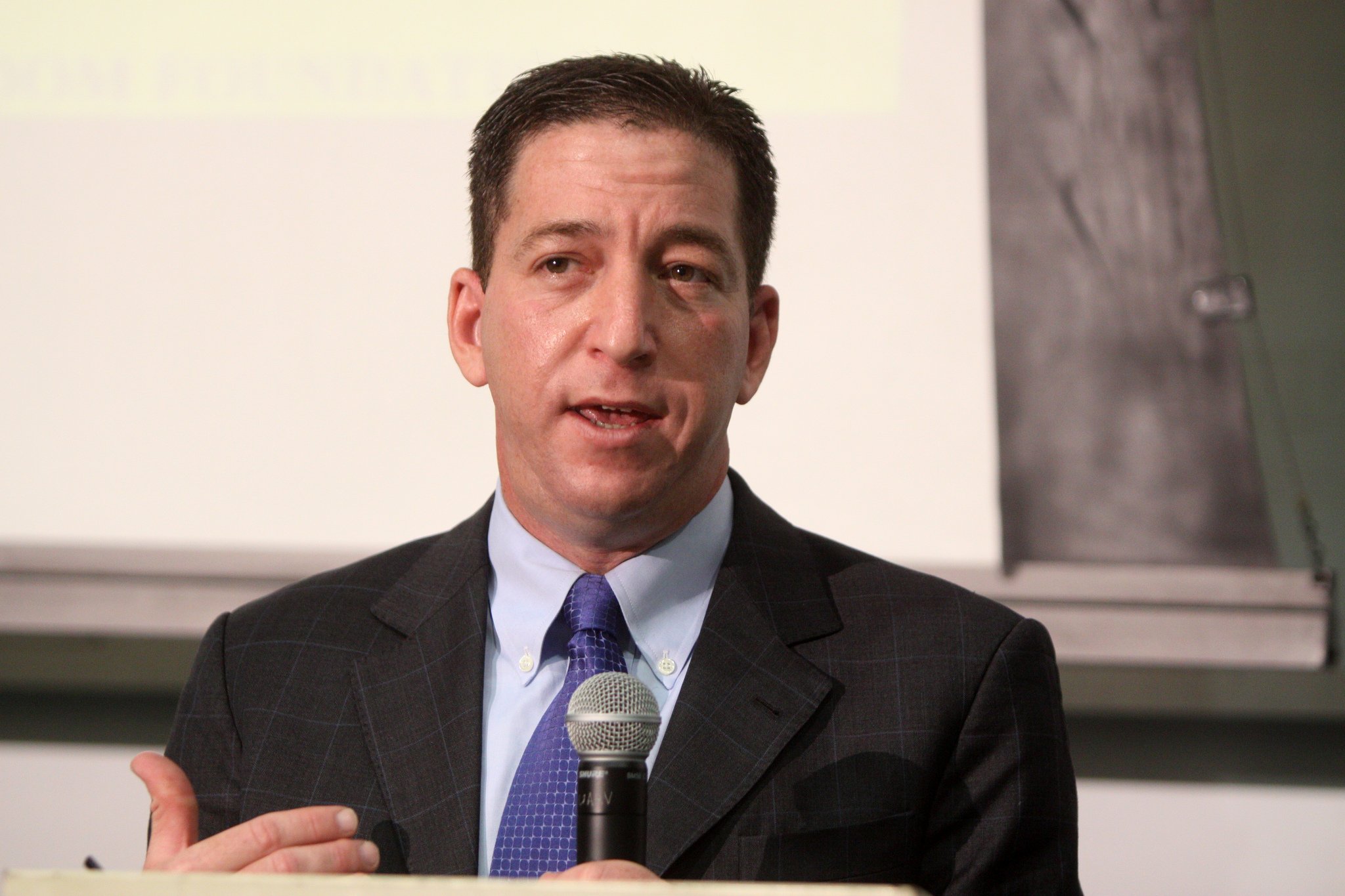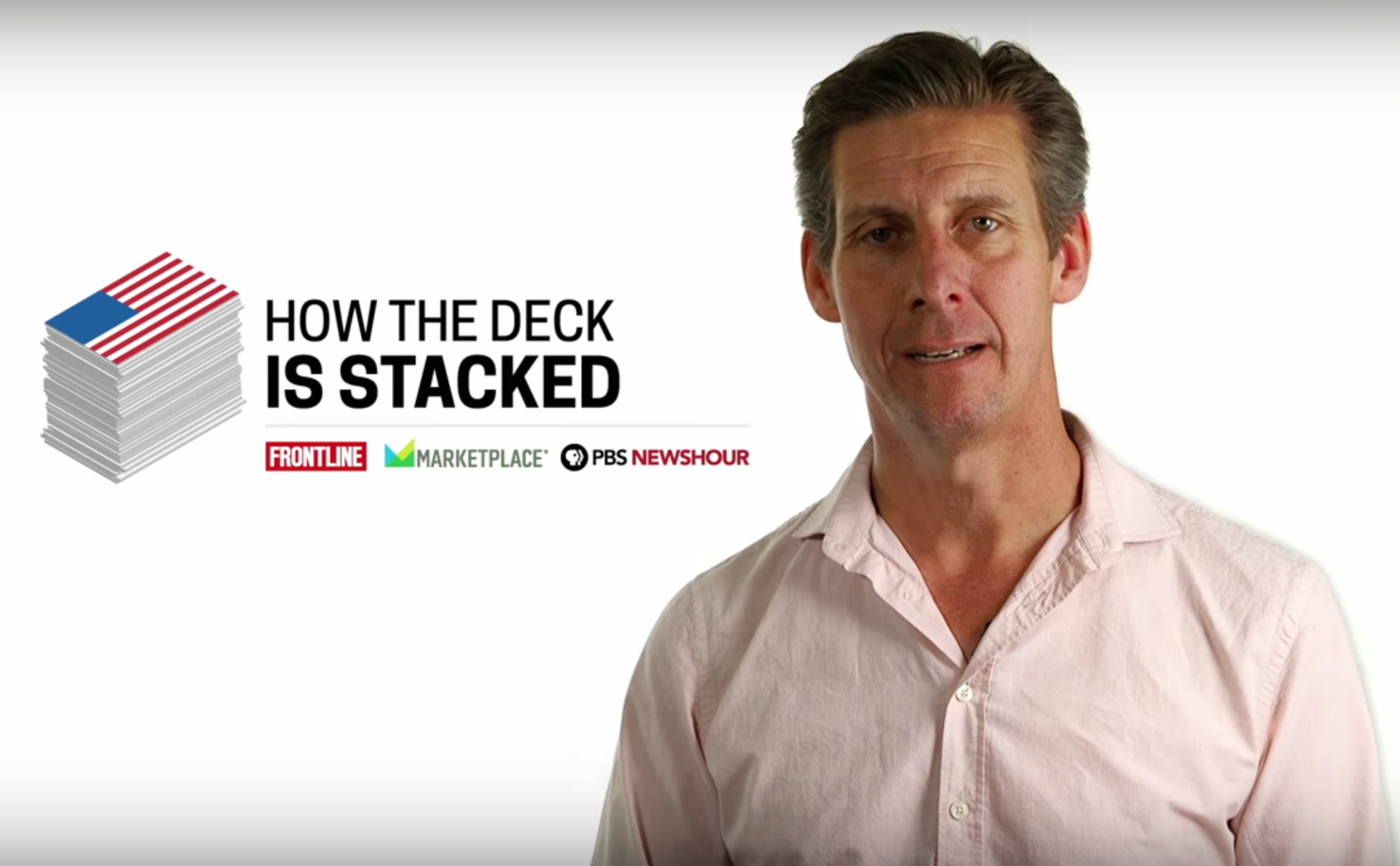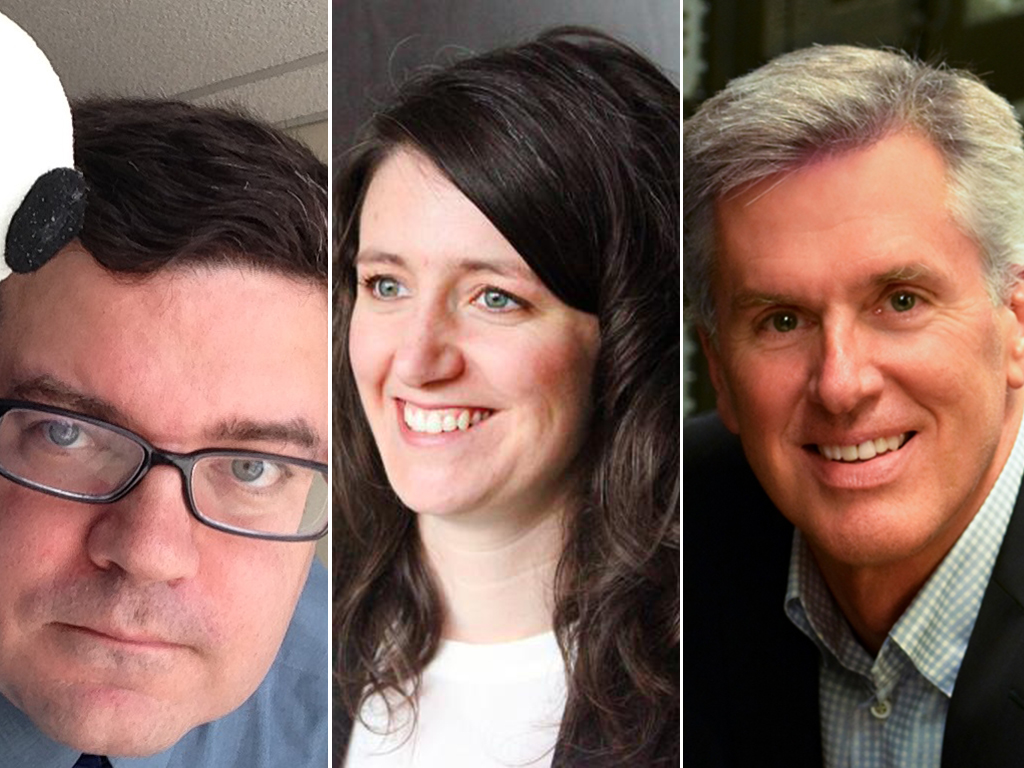Tag: NPR
MacArthur’s $25M to nonprofit journalism outlets includes NPR, ‘Frontline’
“This is our enduring commitment to work that is deep, fair and compelling.”Carrasco leaves NPR, journalism hubs select leaders, and other comings and goings in public media
Carrasco reports to National Geographic President Gary Knell, another NPR alum.Public media pays tribute to Prince
Minnesota’s The Current is playing his entire catalog.‘Changing business realities’ shape talks over NPR programming dues
NPR will increase member station dues next year and is beginning a process to refine its formula for 2018 and beyond.NPR stations benefit from network leaders’ local roots
The head of Southern California Public Radio sees fundraising potential in the NPR-station relationship.Youth Radio’s producers look beyond hosting ‘Morning Edition’
The “crazy idea” of the NPR show’s week with young journalists came off without a hitch.WNYC will distribute ‘Snap Judgment’
The program will become the fifth show distributed by the New York station.NPR picks 12 storytelling projects to help with development
Teams of independent producers and member stations will work on ideas for podcasts, reporting series and audio projects.Stations have a future in local appeal, distinct programming
A radio content chief lays out a vision for digital success.“Why not promote our podcasts like we do our own programs?”
West Virginia Public Broadcasting’s Scott Finn considers the future of NPR’s relationship with its member stations.SRG hires head for classical project, Reynolds to retire in Louisville and other comings and ...
Earlier in her career Wende Persons was the first website manager for classical station WQXR.NPR website increases focus on stations, retires pop-up player
The change is accompanied by new sponsorship opportunities on podcasts, on-demand audio and NPR One.Glenn Greenwald on the “adversarial force” of a free press
The outspoken journalist also accuses NPR of becoming “boring and impotent” by avoiding controversy.Collaborations between radio, TV expand coverage but have limits
National producers and networks are finding ways to work across media, despite challenges posed by technology.‘The Pub’ #59: The case for NPR stations in a post-radio world
How do NPR and stations maintain a mutually beneficial coexistence?


